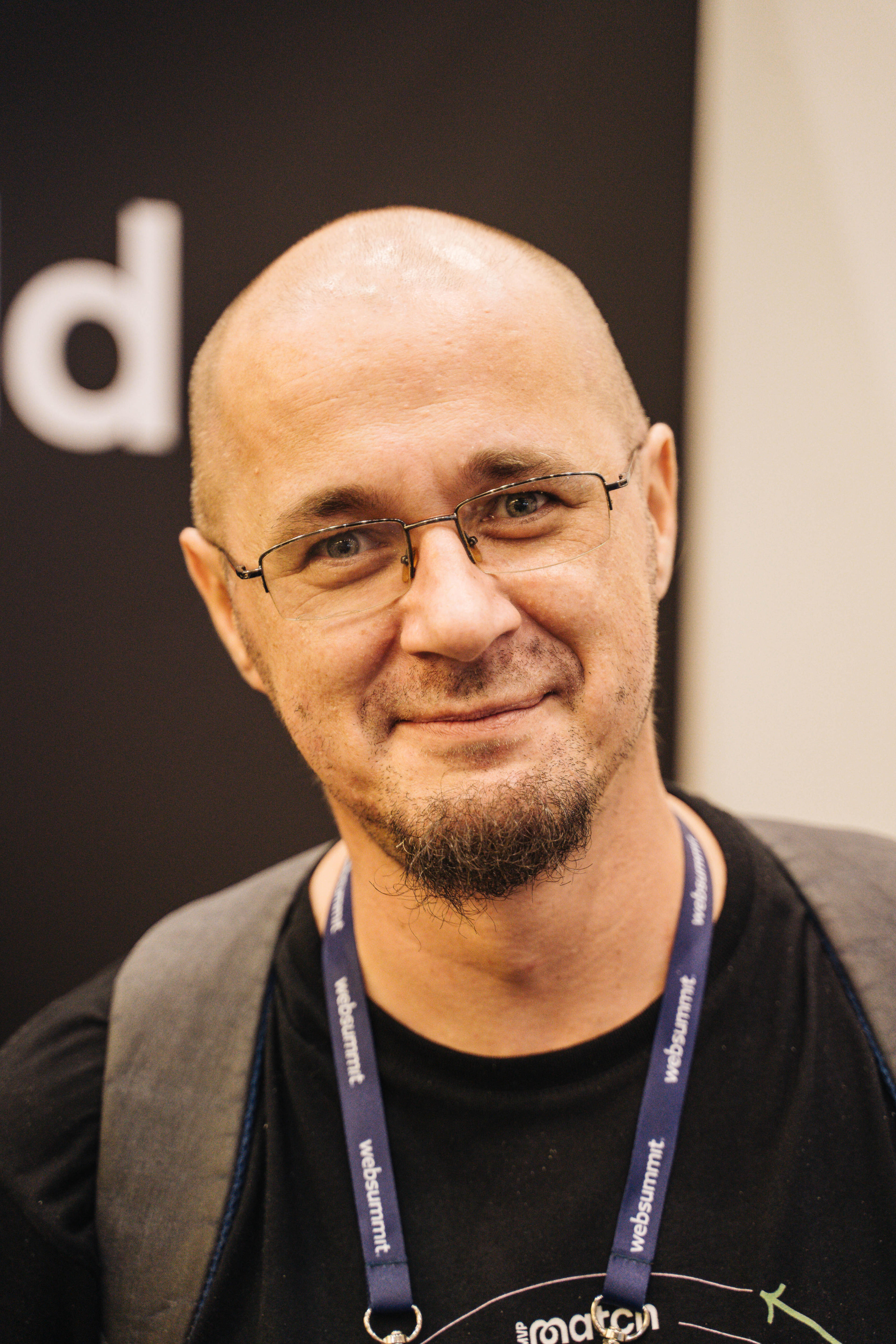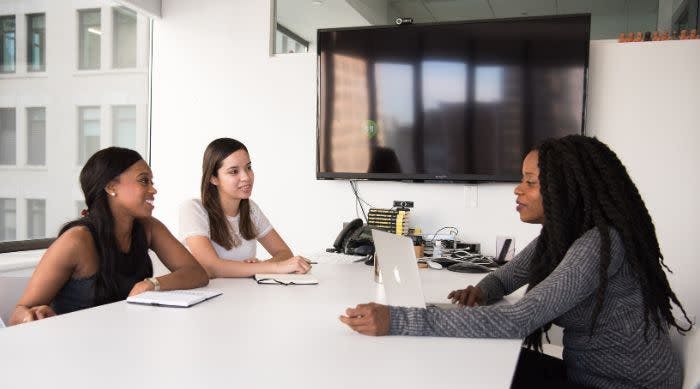Building a talent pool of great engineers and rising stars. Filling company roles with the right talent at the right time. These are the notoriously difficult parts of matchmaking, and where it often goes wrong. At MVP Match, tech talent matching is driven by engineers and other experts, like senior-level designers and product managers. As we like to say, “we are engineers for engineers.” It means that talent vetting and evaluating the technical needs of a company stay in the hands of those who understand it best.
Heading these efforts for us is Sanjin Čabaravdić, VP of engineering. We sat down with him to talk about matching magic, what makes a great engineer, and how his career started with a 3-pixel Indiana Jones.
What made you want to be a software engineer?
To be honest, it was video games. It all started in ‘86. Back then, the only computer that my family could afford – and it was really a huge thing – was a Commodore 64. It had four bit games. Indiana Jones, for example, was represented by three pixels. And I thought that was amazing graphics and wanted to start creating all of these things as well. In software engineering, if you want to move a pixel from point A to point B, you can see the results right away. I mean, if you know what you're doing, of course.
To be a great engineer, you need to be proactive.
What do you think makes a great software engineer – not just a good one, but a great one?
Ability to think. There is a huge difference between an engineer and a developer, and that is something that I cannot stress enough. An engineer is somebody who comes up with solutions, who can think about, okay, what is the most optimal way of solving a problem? A developer is an executioner who just writes code. You might be a great developer and a shitty engineer. I've seen that multiple times.
To be a great engineer, you need to be proactive. You need to have the ability to think as a user. You need to have the ability to go back and correct things. You do not wait for everybody else to unblock you or to tell you what to do going forward. Finally, you are technology agnostic, meaning first you think about the project, and then you think about the technology. You don’t use Python as a silver bullet and program everything in Python or Java or whatever. Because every tech and language has been made for something.
You have areas where it excels, and you have areas where it sucks. You use the best tool for the problem.
What makes the vetting process at Match so successful?
We are not giving out algorithmic challenges, because very few people are using that in the real world. We are giving real world examples or challenges around what people are building.
And we talk to people. We really try to see where they're coming from and understand them. When they are feeling kind of under pressure, we calm them down. A lot of people, especially now after Corona, have kind of anxiety. They can’t talk well when under pressure. If you say you're recording the call, it’s even worse. So, we tell them, “Hey, it's okay. Chill. If it makes you feel better, we'll turn off the camera. Just tell me, how would you solve this challenge?”
We have a human touch across the whole process – that’s something we really want. We classify people through the vetting process and discover the best fit for them. We always say that there is a project out there for everybody, and we can find it for them. You might be a junior, but it doesn't matter. Given enough time, we'll find you a project.
ChatGPT can write code at the level of a junior developer.
What tech trends are getting your attention now?
Well, right now, it's obviously AI. OpenAI’s ChapGPT is having a huge impact, and it’s really amazing how far we’ve come. I expect it to stay that way at least for another year or two. This trend is similar to the hype that we saw in 2018 around AI. Back then, there was a running joke among me and my friends: If you slap the term AI in front of anything, investors will come throwing money at you, saying, “we need it.”
Basically, ChatGPT can write code at the level of a junior developer. That will change over time. It might even get to the level of a mid-level developer, but not more than that. Because AI is not truly an AI. It’s machine learning and deep learning at its finest. But true artificial intelligence would have to mean that it is sentient, that it has the spark to create something new. The AI of today doesn't create anything new. It just recycles things that the AI has seen before and that it has been trained to do. But if the data wasn't there for the input, it wouldn't be able to create an original idea.
You know, people are saying they're afraid, like, oh my God it’s Skynet– but we are so far from that. We are at least 50 years away from that.
What kind of tech challenges excite you?
When it comes to tech challenges, it's always about what hasn't been done before. That you are kind of groundbreaking, you're the pioneer. When somebody tells me that this can't be done, it just gives me extra motivation.
For me, doing the same thing over and over again is boring. And I don’t mean it’s necessarily easier, but it's boring. Lately, the tech challenges that really excite me are optimizations: shaving off a millisecond here or a millisecond there for a request. Very few people pay attention to that. Everybody is just about, “let's build it fast, it doesn't matter how it works. We have AWS and we have other stuff, and we'll just throw money at it and we'll make it faster.” That's completely wrong to me. It's a personal preference – but I like things to run optimized.
What do you like most about your job at Match?
It’s so varied that it's never boring. Every day there's a new challenge in every aspect of my role: talking to people, talking to clients, solving their problems, helping out my colleagues. Every day is something new, and that's what I love most about it. When you wake up, you do not know what to expect.




